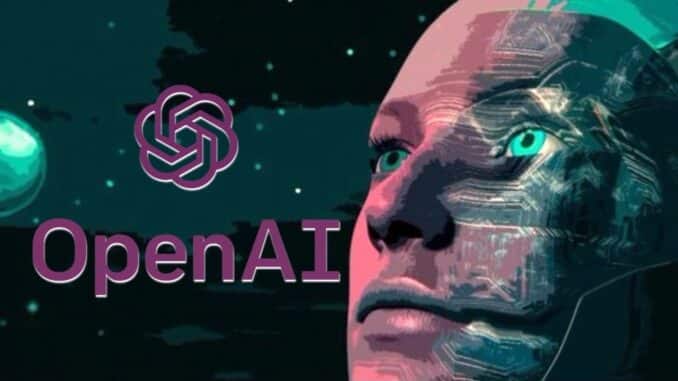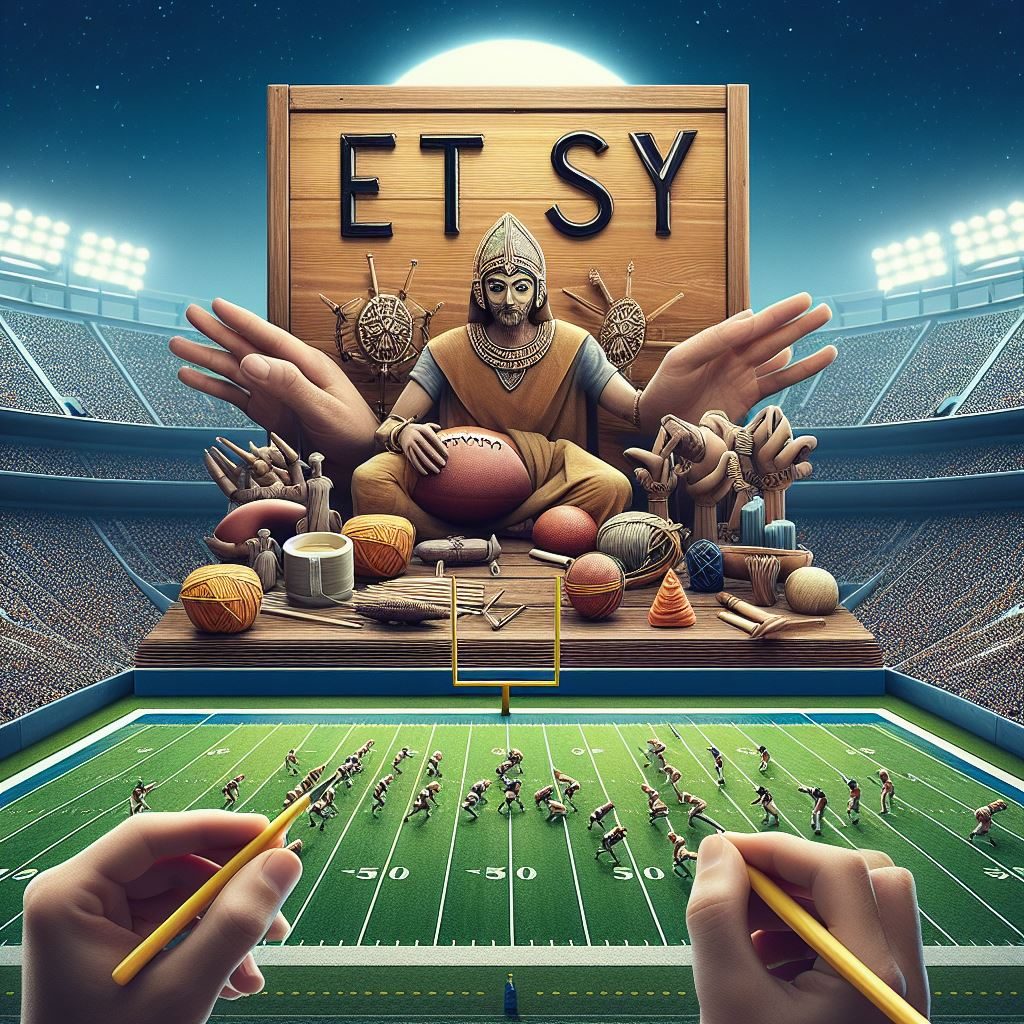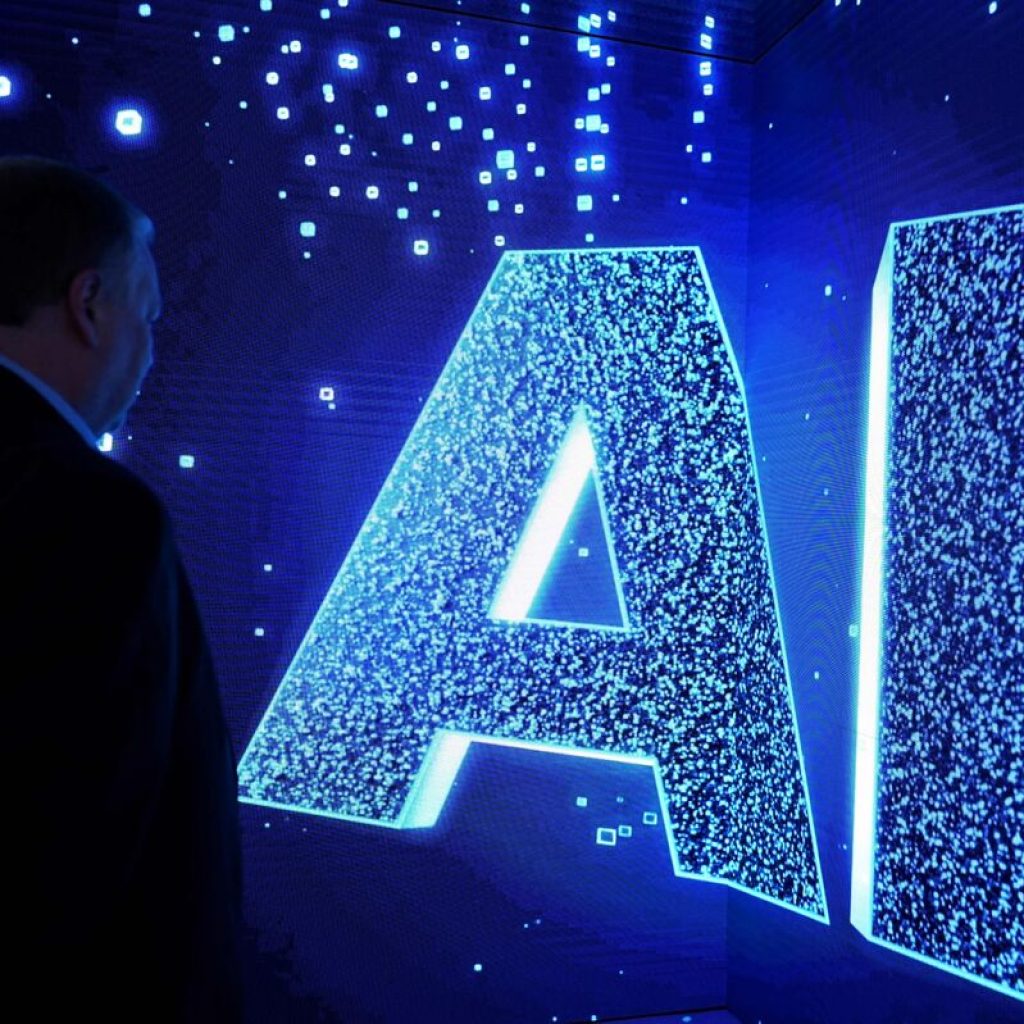OpenAI, the parent company of ChatGPT, is actively engaged in discussions with publishers to secure licensing deals for their articles. The startup aims to acquire content for training its artificial intelligence (AI) models and is reportedly offering substantial amounts ranging from $1 million to $5 million for these licenses. Tom Rubin, OpenAI’s chief of intellectual property and content, expressed optimism about the ongoing negotiations, highlighting positive progress with various publishers.
Multi-year licensing deals
OpenAI has already secured significant licensing agreements, including a multi-year deal with Axel Springer for millions of dollars and an agreement with the Associated Press announced in July of the previous year. These deals underscore the importance of accessing up-to-date and accurate data to enhance AI model development. The licensing strategy serves as a crucial element in OpenAI’s pursuit of a balance between content acquisition and addressing concerns regarding the sourcing of data.
Legal landscape and negotiations
The backdrop of these licensing talks involves a lawsuit filed by the New York Times against OpenAI for alleged copyright infringement. The Times claims that OpenAI utilized its articles without permission to train large language models (LLMs). This legal challenge highlights the growing scrutiny surrounding the use of copyrighted material in AI development. OpenAI’s licensing negotiations with publishers can be seen as a proactive measure to prevent future legal disputes and align with ethical considerations.
Industry trends and apple’s approach
In 2023, AI developers faced criticism for incorporating copyrighted image and text data in their model training. OpenAI’s current pursuit of licensing agreements reflects a broader industry trend where AI companies seek collaboration with media outlets to avoid potential lawsuits and ensure ethical data use. Notably, Apple is also exploring partnerships with media companies for AI training purposes, offering a substantial sum of at least $50 million over a multiyear period.
Balancing act: content acquisition and legal compliance
OpenAI’s proactive engagement in licensing talks underscores the intricate balance between acquiring quality content for AI training and navigating the legal complexities associated with data usage. The multi-million dollar offers signal the value AI companies place on licensed material. As the industry grapples with ethical considerations and legal challenges, OpenAI’s approach aligns with a strategic effort to secure content while respecting intellectual property rights.
OpenAI’s current negotiations with publishers for licensing deals emphasize the company’s commitment to acquiring content responsibly and ethically. The legal landscape, marked by the New York Times lawsuit, underscores the importance of establishing clear agreements with content providers. As AI companies seek collaboration with publishers, these licensing discussions become pivotal in shaping the future of data usage in AI development. OpenAI’s approach reflects a conscious effort to address concerns, ensuring that content acquisition aligns with both legal requirements and industry best practices.





